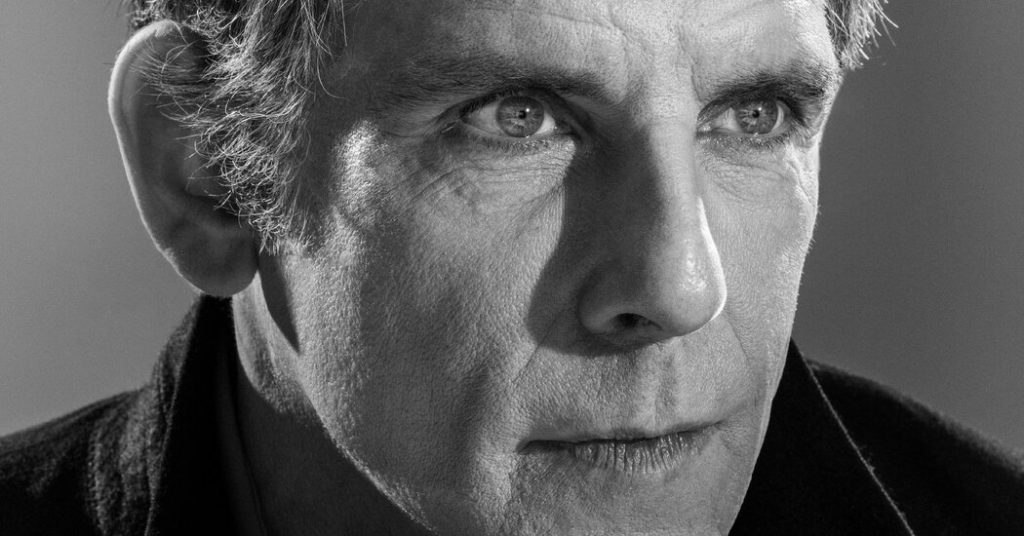Ben Stiller’s career trajectory took a notable turn around 2010, marked by a shift from broad comedies to more introspective character-driven films exploring the complexities of middle age. This transition wasn’t solely a conscious artistic choice, but a confluence of personal and professional factors. Relocating from Los Angeles back to New York played a part, allowing Stiller to work closer to home and prioritize family life. However, the catalyst for this shift was the critical and commercial disappointment of “Zoolander 2.” The film’s failure, despite apparent audience demand, prompted a period of reflection. Stiller realized the need to pursue projects that resonated personally, rather than chasing perceived market trends. This experience liberated him from the pressure of sequels and allowed him to explore more nuanced roles and narratives.
The period surrounding “Zoolander 2” was also marked by personal upheaval, notably the separation from his wife, Christine Taylor. This period of separation, lasting several years, became a time of introspection and growth for both individuals. While maintaining a connection throughout the separation, they gained valuable perspective on their relationship and individual lives. The forced proximity of the Covid-19 pandemic ultimately facilitated their reconciliation, fostering a renewed appreciation for their bond and family unit. This experience underscored the resilience of their relationship and the potential for growth and reconnection even after separation.
Stiller’s current project, a documentary about his parents, the comedy duo Anne Meara and Jerry Stiller, has further deepened his self-reflection. The process of sifting through archival footage and recordings has brought him face-to-face with his own complex relationship with his parents, particularly his father. The universal adoration of Jerry Stiller, iconic for his role as George Costanza’s father on “Seinfeld,” presented a unique challenge for Ben. He grapples with the desire to emulate his father’s affable nature and widespread popularity, while simultaneously striving to establish his own distinct identity. This documentary project has become a journey of self-discovery, intertwined with the exploration of his parents’ lives and careers.
The shift in Stiller’s career reflects a broader trend in the entertainment industry, where artists increasingly seek projects that resonate with their personal experiences and artistic aspirations. This shift often occurs at a point of professional or personal transition, prompting a reevaluation of priorities and creative direction. The disappointment of “Zoolander 2” served as such a turning point for Stiller, pushing him towards more introspective and personally fulfilling projects. This new direction allowed him to explore the complexities of middle age and the search for meaning in life, themes that resonate with audiences seeking more than just escapist entertainment.
The reconciliation with his wife, Christine Taylor, further emphasizes the theme of growth and second chances. Their story demonstrates that separation can sometimes be a necessary step towards a deeper understanding of oneself and one’s relationship. The unexpected reunion during the pandemic highlighted the enduring strength of their bond and the possibility of rebuilding a stronger, more appreciative relationship after a period of separation. This personal journey mirrors the narrative arc of many of the characters Stiller has portrayed in his more recent films, adding a layer of authenticity and emotional depth to his work.
The documentary on his parents adds another dimension to Stiller’s exploration of identity and family dynamics. The film serves as both a tribute to his parents’ comedic legacy and a personal reflection on his own upbringing and relationship with his father. By examining his parents’ lives and careers, Stiller gains new insights into his own journey as an artist and a son. The project allows him to reconcile the desire to emulate his father’s beloved persona with the need to forge his own unique path. This exploration of familial influence and the search for individual identity resonates with many, highlighting the universal struggle to define oneself within the context of family and legacy.


